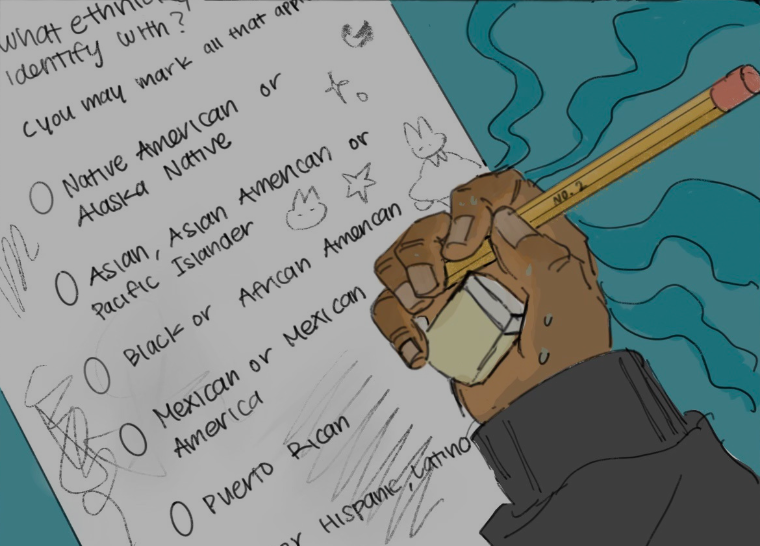Over the summer of 2023, the Supreme Court faced a case regarding the issue of race in the college admittance process. In January, the ruling rid the United States of a four-decade-long precedent that initially started in 1965. The precedent was that colleges and universities may use race as a factor in accepting students among others like academic performance, extracurricular involvement, and standardized test scores.
Affirmative action was a government-approved way for colleges to give special consideration to certain groups that historically would be excluded from educational institutions. By definition, affirmative action is “the practice or policy of favoring individuals belonging to groups regarded as disadvantaged or subject to discrimination, over similarly qualified individuals.” This part of the admittance process was put to a stop after a recent Supreme Court case where prestigious universities were forced to look for new ways to achieve diverse student bodies.
The question of ethicality arose when Students For Fair Admissions, INC (SFFA), filed individual lawsuits against Harvard and the University of Carolina, arguing that their race-based admissions programs violate Title VI of the Civil Rights Act of 1964 and the Equal Protection Clause of the Fourteenth Amendment.
It was found that Harvard’s inclusion of race in the process of accepting applicants resulted in the acceptance of fewer Asian American students, an act that many viewed as an act of stereotyping of the minority group. The majority opinion states that all men are created equal per our constitution, and affirmative action in essence denies that equality by making special rules for one race over another. Columbia University President summed up the ruling as “tragic.”
It is certain that this courtroom battle reflects how the nation has come to a point in history where we are choosing between continuing the fight for civil rights and declaring the battle is over. Opting for a colorblind approach to the college admittance process isn’t in itself bad. However, deeming race an irrelevant subject and then assuming that racism remains irrelevant in life outside the education system is not how we eliminate discrimination, it’s how we normalize it.
Understanding why this ruling was made is not the difficult part, it’s finding ways that we can give people of all backgrounds an opportunity at a bright future regardless of racial identity. Affirmative action helped acknowledge the significant socio-economic differences between ethnicities. It is a fact that black and Latinx students are more underrepresented in selective universities today than they were 35 years ago, as stated by the organization Center of American Progress.
It is my belief that the removal of affirmative action takes us a step backward in Civil Rights. Consideration of background and hardships that an individual and their family has lived through speaks louder on a person’s character than a test score ever could. When our political leaders take protections like this one away from the minority students of America, we lose to the racism we have fought to end.







